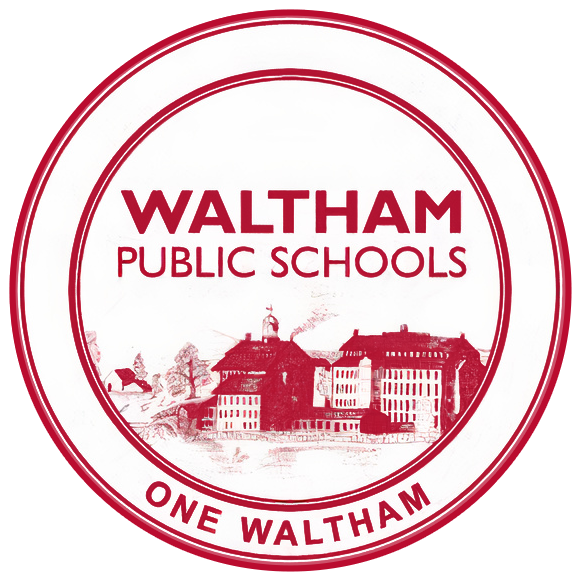Narrative: This course will review the standards from Algebra and Geometry by utilizing a project-based approach. to solve both home and vocational application problems. Students should take this class if they are not yet ready for Precalculus, but seek to improve their mathematics skills in preparation for choosing a college major, planning a career path, or for use in day-to-day life. Assessments for the course are mostly project-based, so students signing up should be independent and motivated workers during class time. Topics will include unit conversion, measurement, logical thinking, personal finance, data analysis and organization, probability, and modeling with geometry. If you have ever asked yourself, "When will I use this math?” this may be the course for you! Prerequisite courses: Integrated Math I, Integrated Math II, and Integrated Math III
Unit | Timeframe (tentative) | Big Ideas (Statements or Essential Questions) | Major Learning Experiences from Unit |
|---|---|---|---|
Unit #1: What is Cybersecurity? | September | Why is this important? Cybersecurity careers CIA triad | Students can describe requirements and salaries for some careers in cybersecurity Students can describe the three main goals for cybersecurity (confidentiality, integrity, availability) |
Unit #2: Digital Citizenship and CYber Hygiene | September October | Digital footprint Cyberbullying Internet Safety Privacy and Security Information Literacy (effective searching on the internet) Creative Credit and Copyright Hacking Ethics | Students can identify ways to be safe, protected, and private online. Students can identify ways to deal with cyberbullying. Students can perform effective internet searches and evaluate the validity of sources. Students can identify copyrighted material and use the material appropriately. Students can differentiate between legal and illegal types of hacking. |
Unit #3: PSA Project | October | What is important for the public to know about safe, legal, and appropriate use of the digital world? | Students create PSAs to promote the ideas we have learned so far. |
Unit #4: Intro to Programming | November | Basic programming in Javascript using SuperKarel and the Javascript code editor. Variables Functions Looping Branching Arrays and Objects | Students can write basic Javascript programs using variables, functions, for and while loops, if/else statements, arrays, objects, and proper use of comments. |
Unit #5: Cryptography | December | History of Cryptography Caesar Cipher Vigenere Cipher | Students can describe how various ciphers work, and develop a general idea of how data is encrypted. |
Unit #6: Classic Ciphers Presentation | December | Various classic ciphers | Students will present a chosen classic cipher. Students will describe various classic ciphers learned from the presentations. |
Unit #7: System Administration | January | Operating Systems Software Security Configurations Users Command Line Interface Building a computer | Students can describe different operating systems and software. Students can describe how to configure and set up users on a system with appropriate permissions. Students can access and know basic use of the command line interface. Students can identify the components needed to build a computer and generally what each part does. |
Unit #8: Software Security | February March | Data Databases Developer Tools SQL SQL Injection | Students can identify uses and structure of databases. Students can use developer tools to look further into a website. Students can describe how SQL injection can allow access to data that should not be accessible. |
Unit #9: Security Assessment Report | March/ Early April | Identification of security issues on a website | Students can assess a sample website and identify security issues. |
Unit #10: Networking | April/ Early May | Notational Systems (Hexadecimal and Binary) Internet hardware and addresses DNS Routing, packets, and protocols Viewing a webpage Net Neutrality The digital divide Identifying parts in a computer | Students will convert between number systems, and have a general understanding of how computers use binary. Students can describe how communications happens over networks. Students can describe and discuss social issues brought about by the internet. Students can open a computer and identify the parts. |
Final Project | May | HTML Basics | Students create a basic webpage to display and describe their favorite concepts learned this year in Cybersecurity. |
